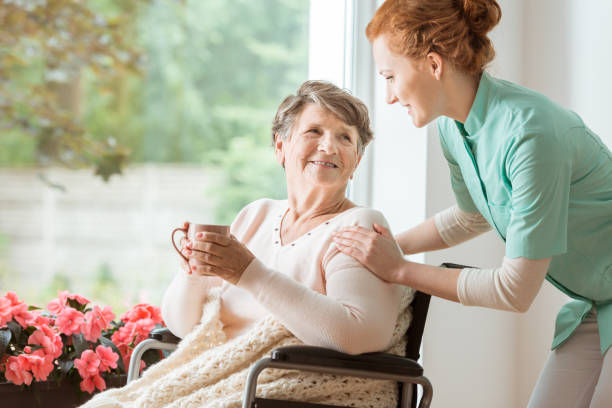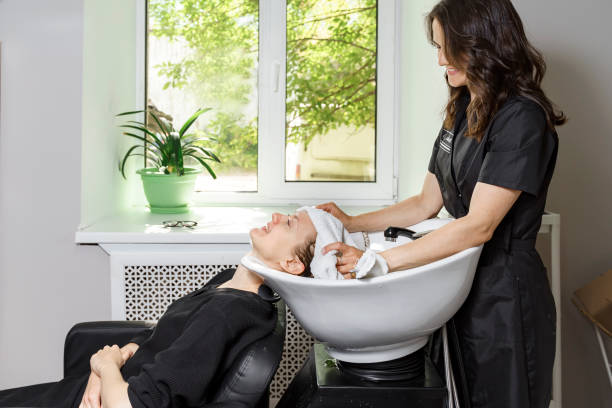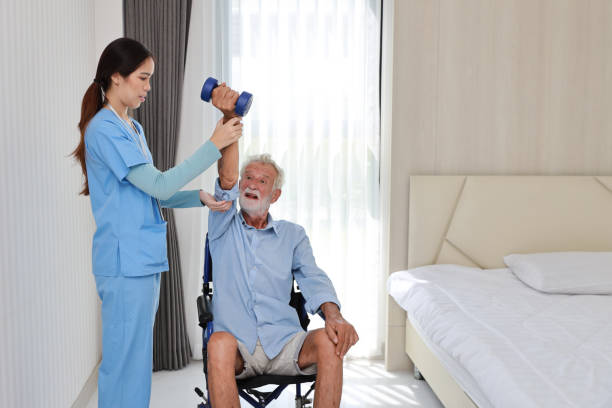The Role of the Family in Private Nursing: A Pillar of Support and Care
When it comes to private nursing, the role of the family cannot be overstated. Private nursing refers to the provision of personalized healthcare services in the comfort of one’s home. It allows individuals with medical needs to receive high-quality care while maintaining a sense of familiarity and independence. While private nursing professionals play a vital role in delivering specialized medical assistance, the involvement and support of the family are crucial in creating a holistic caregiving environment. In this blog post, we will explore the role of family in private nursing and how their active participation contributes to the well-being and overall experience of the patient.
Emotional Support and Companionship:

One of the primary ways in which families contribute to private nursing is through emotional support and companionship. Patients who require private nursing often face physical and emotional challenges, and having loved ones around can provide comfort and reassurance. Family members can offer a listening ear, engage in meaningful conversations, and provide a sense of belonging. Their presence can alleviate feelings of loneliness and isolation, which are common among individuals receiving long-term care.
Collaboration with Healthcare Professionals:
Families act as advocates for the patient and collaborate closely with private nursing professionals to ensure the best possible care. They possess valuable knowledge about the patient’s medical history, preferences, and daily routines. By sharing this information, families help the nursing staff develop personalized care plans that address the specific needs of the patient. Additionally, families can communicate concerns or changes in the patient’s condition to the nursing team promptly, enabling timely adjustments to the care plan.
Assistance with Activities of Daily Living (ADLs):

Private nursing often involves assistance with activities of daily living (ADLs) such as bathing, dressing, grooming, and meal preparation. Family members can actively participate in these activities, providing physical support and encouragement to the patient. Their involvement not only eases the workload of the nursing professionals but also fosters a sense of normalcy and continuity for the patient. By engaging in ADLs, families maintain the patient’s dignity and independence, promoting a higher quality of life.
Medication Management and Health Monitoring:
Proper medication management is crucial for individuals receiving private nursing. Family members play a vital role in ensuring the patient’s medication regimen is followed accurately. They can help organize medication schedules, administer medications, and keep track of any side effects or changes in the patient’s condition. Moreover, families can assist in monitoring vital signs, such as blood pressure or glucose levels, under the guidance of healthcare professionals. By actively participating in these tasks, families contribute to the overall safety and well-being of the patient.
Psychological and Recreational Support:

Beyond the physical aspects of care, families provide psychological and recreational support, contributing to the patient’s emotional well-being. They can engage in activities that bring joy and promote mental stimulation, such as reading, playing games, or pursuing hobbies together. By creating a positive and engaging environment, families help alleviate stress, anxiety, and depression often associated with prolonged illness or disability.
Finally, Private nursing is an invaluable service that enables individuals to receive specialized care within the comfort of their own homes. While nursing professionals form the backbone of this healthcare provision, the active involvement of family members is crucial for a comprehensive and effective caregiving experience. The emotional support, collaboration with healthcare professionals, assistance with daily activities, medication management, and recreational support provided by families significantly enhance the overall well-being of the patient. By recognizing and valuing the essential role of families in private nursing, we can ensure a holistic and patient-centered approach to care that promotes healing, comfort, and dignity.
